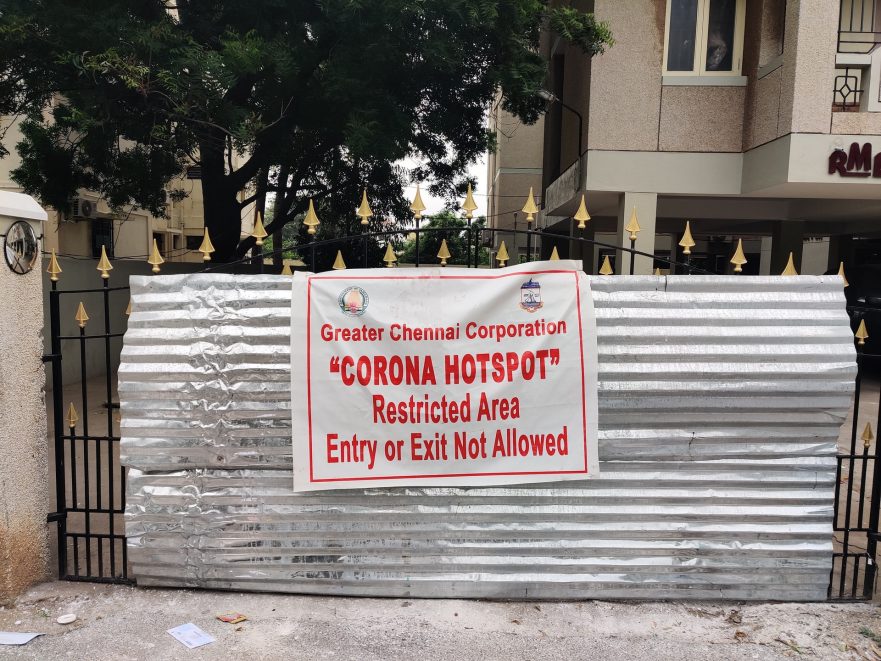The answer to this question is that it depends on the workers’ compensation laws and regulations of the state in which you live and how they address exposure to infectious diseases. If you believe that you have been exposed to the virus that causes COVID-19 while working in Oregon, this article will enhance your understanding of how such claims for workers’ compensation benefits are handled.
Facts about COVID-19
COVID-19 is a disease caused by the SARS-CoV-2 virus. Information about the virus and how it spreads has been evolving over the past year. According to the Centers for Disease Control and Prevention (CDC), the virus primarily spreads through droplets or tiny particles emitted when a person infected by it expels air (such as when breathing, talking, singing, coughing, and sneezing) that is then inhaled by another person.
The CDC reports that a person exposed to the virus may develop symptoms within 14 days. Symptoms may include the following:
- Fever.
- Loss of smell or taste.
- Sore throat.
- Cough or difficulty breathing.
- Nausea.
- Diarrhea.
Public health officials recommend engaging in good personal hygiene, including washing hands with soap and warm water or using hand sanitizer. Remain at least six feet apart from other people, and cover the mouth and nose when sneezing or coughing.
Oregon OSHA has published guidelines for employers to follow to reduce the risk of workers being exposed to the virus in the workplace. These include the following:
- Maintaining at least six feet between workers unless an employer proves that it is not possible to do so.
- Using facemasks or other types of facial coverings by employees in most indoor and outdoor settings when workers cannot maintain a distance of six feet from each other.
- Implementing procedures for disinfecting common areas and high-touch surfaces.
- Notifying workers within 24 hours of work-related exposure to another person who has tested positive for COVID-19.
There are other guidelines pertaining to the protection of the work status of an employee forced to quarantine because of a positive test for COVID-19 or exposure to an infected person.
What happens when workplace exposure occurs?
According to data compiled by the Oregon Workers’ Compensation Division, almost 1,500 people filed claims for benefits through the end of November as a result of exposure to the coronavirus while at work. Most of the claims were filed by nurses and others providing health care services, but other occupations on the list included flight attendants, office workers, and people working in retail sales.
Workers’ compensation benefits may be payable for an injury or disease related to your job. The law defines an occupational disease as being a disease or infection that arises within the course of your employment. It may be caused by activities that you engage in, such as repetitive movements, or it may be caused by substances that you are exposed to at work.
A claim for workers’ comp due because you were exposed to the virus at work and developed COVID-19 must overcome two obstacles. The first is a section of the law that excludes illnesses that people are ordinarily exposed to at times other than during the course of employment. The second imposes on the worker the burden of proving that the conditions at work were the primary factor contributing to the illness.
Temporary rule addresses obstacles faced by COVID-19 claims
The state workers’ compensation division adopted a temporary rule specifically addressing benefit claims arising out of workplace exposure to the coronavirus. The rule, which went into effect on October 1, 2020, and shall remain in effect until March 29, 2021, prohibits workers’ compensation insurers from denying a claim for benefits based upon COVID-19 without first conducting a reasonable investigation that includes the following:
- The investigation must look into whether the nature of the worker’s employment was such that exposure to COVID-19, or SARS-CoV-2, may likely have occurred.
- It must determine whether the worker missed time from work to quarantine or isolate at the direction of the employer, the state health authority, or a health care provider in order to identify information relevant to the claim for benefits.
- It must obtain the opinion of an expert before denying a claim for benefits in cases where the worker tests positive for COVID-19 or receives a diagnosis of presumptive COVID-19 from a health care provider.
- It must determine whether a worker, even one who does not test positive for the virus, requires medical care due to potential exposure at work.
The temporary rule may be replaced before it is scheduled to expire, so the best way to get the latest and most accurate information about your rights is by consulting with an experienced Bend workers’ compensation attorney.

